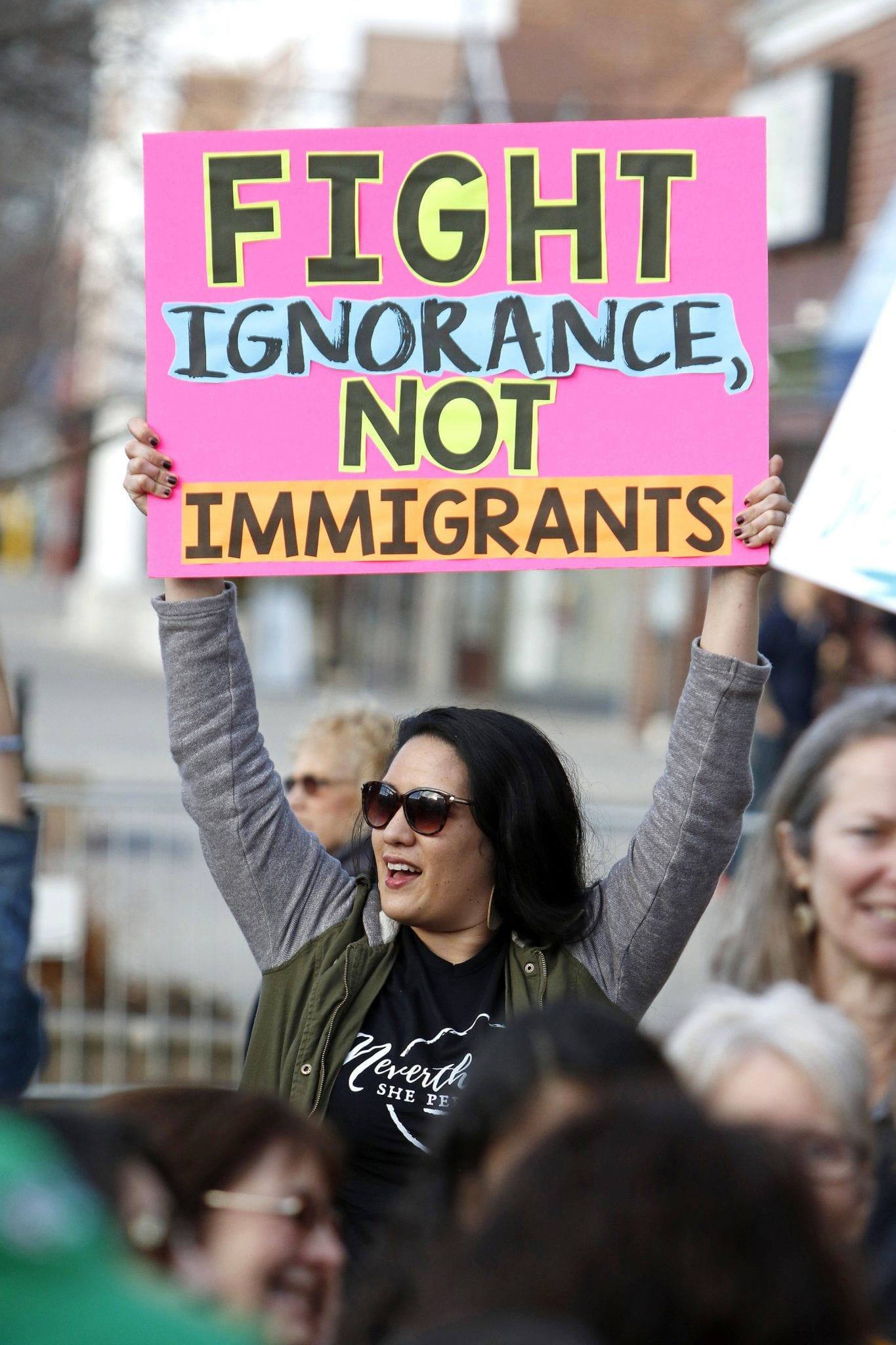WASHINGTON, D.C. — Advocates for immigrants expressed concern that millions of illegal alien parents of U.S. citizens and other permanent legal residents will be subject to deportation after Homeland Security Secretary John Kelly rescinded a memo that protected them.
Kelly’s action June 15 revokes DAPA, or Deferred Action for Parents of Americans and Lawful Permanent Residents, a 2014 memo from President Barack Obama that protected law-abiding parents who are in the country illegally from deportation.
It also follows through on a campaign promise by President Donald Trump to overturn two Obama-era memos on illegal immigration. The DAPA memo was never implemented after it was challenged in federal court in Texas by 26 states that argued the program was illegal. The U.S. Supreme Court voted 4-4 last June after the lower court ruling was appealed, leaving that ruling in place.
A judge in the case set June 15 as the deadline to resolve the case. In response, Kelly rescinded the memo, saying there is “no credible path forward” in court.
In announcing the revocation, a news release from the Department of Homeland Security said that the other Obama memo, dated June 15, 2012, that created the Deferred Action for Childhood Arrivals, or DACA, a similar protection program for young immigrants, would remain in effect.
Kelly told the House of Representatives Homeland Security Committee during a hearing on his department’s budget June 7 that the administration would not end DACA.
The potential for the breakup of families as a result of Kelly’s decision on DAPA troubled advocates for immigrants the most.
The U.S. Conference of Catholic Bishops has long called for keeping families together even when some members may be in the country illegally and has advocated for immigration reform measures that protect family unity.
“What it means is that they will be targeting parents of U.S. citizen children for deportation,” J. Kevin Appleby, senior director of international migration policy at the Center for Migration Studies in New York, told Catholic News Service June 16. “This administration is looking to break up American families. There’s no compassion for situations where there are mixed-status families and keeping them together.
“It also means they have no consideration for U.S. citizen children and their interests. Why would we alienate a future generation of leaders from being part of this country? It terrorizes children who develop psychological and emotional issues when their parents are taken away. It really shows the administration is pursuing a mass deportation policy,” said Appleby, former director of migration and refugee policy for the USCCB.
Representatives of other Catholic organizations also were made uneasy by Kelly’s stance.
“There’s no hope for DAPA,” said Michelle Sardone, director of the legalization program at the Catholic Legal Immigration Network, Inc.
“Although we’re happy there are assurances that DACA will continue, I’m very disappointed that we’re to continue separating families,” she said.
Sardone said families must be protected under U.S. immigration policy and called for action by Congress to reform the country’s immigration laws.
An official at Catholic Relief Services, the U.S. bishop’s overseas relief and development agency, maintained that rescinding DAPA would hurt families.
“The government’s first priority should be to protect families, which the church has long taught are the core unit of every society,” Jill Marie Gerschutz-Bell, senior policy and legislative specialist, said in an email. “As Catholics, we urge the Department of Homeland Security to keep families together and allow them to remain in the United States.”
Ashley Feasley, director of policy for the USCCB’s Migration and Refugee Services, called Kelly’s action “discouraging.”
She said in an email to CNS June 16 that the decision places 4 million parents of citizens and lawful permanent residents under threat of deportation.
“DAPA gave many hope when it was announced, and today families are living in very real fear of family separation,” Feasley said. “The bishops will work with Congress to find a solution for the 4 million hardworking parents of U.S. citizens and (legal permanent residents) but continue to urge this administration to use its discretion to stop tearing apart families.”
Others who wanted stricter enforcement of immigration laws cheered the decision, especially on social media, saying people who are in the country unlawfully must be deported.
DACA and DAPA were created in Obama administration policy memos. The programs required participants to meet certain conditions, among them being a history of being free of serious crimes. Although the memos expanded federal policy to protect immigrant parents in the U.S. illegally, Obama administration officials also sought to provide young immigrants with work permits good for three years at a time. The federal court also blocked that provision.











